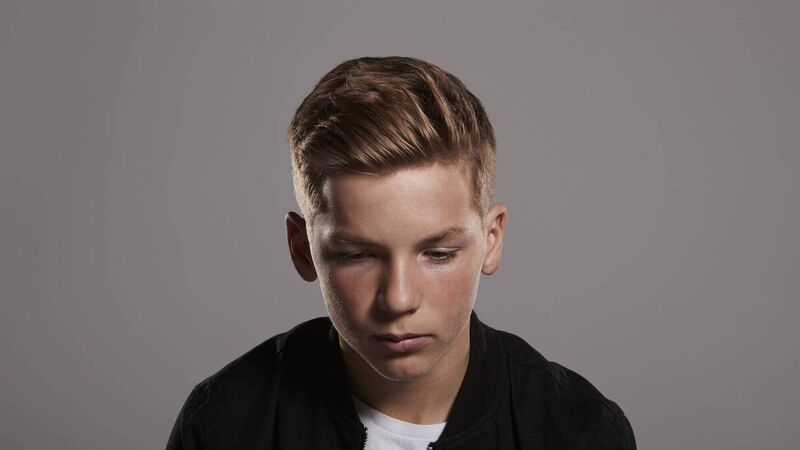Colman Noctor: Why do we always want our children to be more confident?

Picture: iStock
One of the most common questions I get asked by parents is: ‘How can I make my child more confident?’. This is often due to concerns that their child is perhaps shy, reserved or lacks social robustness. However, I have always believed that confidence is an overrated and misunderstood quality.
Confidence is widely regarded as our ability to project ourselves outwardly. This means it is largely performative and is associated with what we can do, as opposed to any deeply felt quality of who we are.







